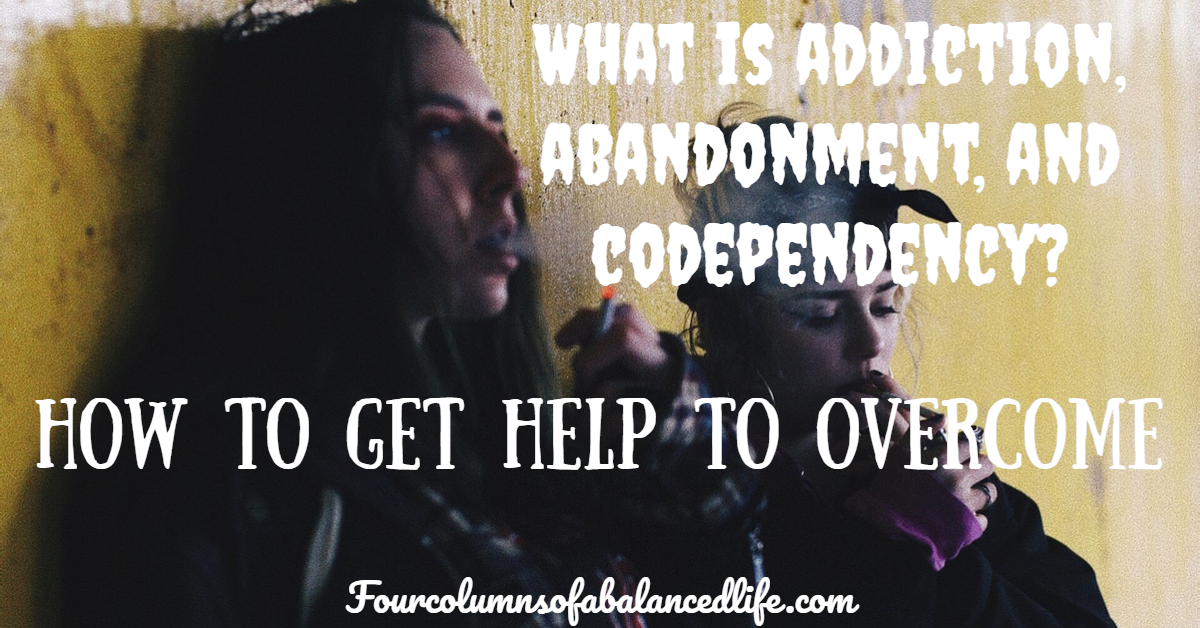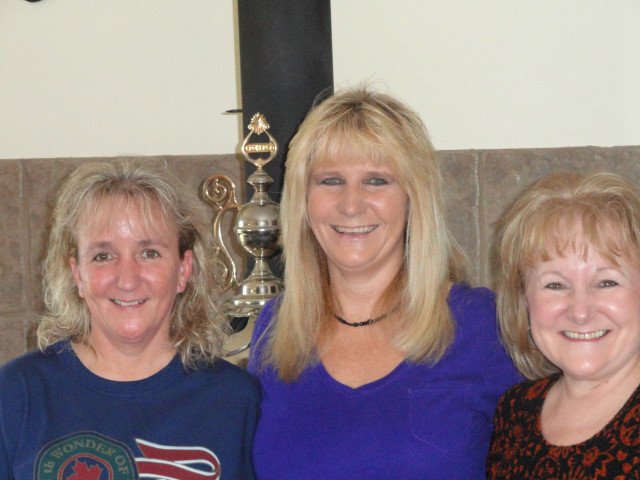Denise Gardiner: Addiction and Getting Help

Addiction is the irresistible need for and use of a habit-forming substance. It has a negative impact on the health of the individual and also on their economic and social lives. Addiction is accepted as a mental illness in the diagnostic nomenclature. Addiction is now considered a clinical syndrome.
Denise talks about addiction, abandonment, and co-dependency.
Denise, I super appreciate your blog. You are real, vulnerable, and downright honest. I am sure you sleep well. I want to talk about addiction. What is addiction? Why does it exist? What are the different kinds of addiction?
An addiction is a disease that you inherit, where mind and body crave something you have consumed more than life itself! It exists due to the disease you inherit, and you may not know you have the disease until you are hooked, and without help, your life could be doomed. Different types of addictions are drugs, alcohol, pills, food, shopping online, your cell phone, TV, the internet, or whatever you feel you can’t live without and feel life is complete when not tuned into the urge that consumes you.
Walk me through your own life as the daughter of an addict?
This is the hard part, as you don’t realize the damage that is being done growing up as the daughter of an alcoholic. My dad was in the military for 21 years and served in the Korean War and Vietnam War twice. I realized later in life that the alcoholism took hold as he was dealing with losing his fellow soldiers, and used alcohol as a way to medicate himself.
Recently I came to the conclusion he had PTSD, but it was not something that was diagnosed during his time in service. He was very strict with my sisters and I growing up, which in the military you expect that, but he used a belt and had a hard time showing love and affection. You had to behave or else! Once he retired he would drink a whole 6 pack of beer a night, and become argumentative, so it was not a comfortable setting. Then he was gone a lot, so the father-figure was not there to comfort and nurture us.
I was shy and unsure of myself, once I graduated. I did get good grades and was the teacher’s pet throughout my school years.
How did this impact your life? When did you realize it was having a negative impact on you?
It impacted my life in a way that I was drawn to men who were like my dad, as it seemed normal. My first husband, when I was 19, turned out to be so controlling, I felt like I couldn’t breathe. I didn’t want to marry him, to begin with, but felt I could help and change him. He also became abusive! After 9 months of marriage and being left at a laundromat until it closed up, and the security guard had to drive me home, was the last straw to say enough is enough! He was ready to fight the security guard! He was not going to make it easy, as he followed me on a highway and pulled a gun, put sugar in my gas tank at work, made numerous phone calls, and threatened to kill me if I ended up with someone else. I lived in Denver at the time and decided it was time to move elsewhere, hoping he could not find me. I moved to California and started over, and developed a relationship at work with the nicest guy who fell in love with me, and I had decided to not be with someone like my ex-husband. I married him for the wrong reasons, and so after several years, I was ready to move on as the relationship seemed so boring. I used to turmoil in my life. We had a son but divorced, and I then married my third husband too soon and found out we were different and the relationship became very toxic. We had a son and divorced but after several years we moved back in together. Don’t ask me why? I think I felt our son needed his dad in his life.
In your blog, you talk about abandonment. What is it? Why did you feel abandoned?
I realized in my later years that something was broken inside me, so I decided to see a psychologist get a professional opinion. Why were relationships not working, and why did I not feel fulfilled? He said I had feelings of abandonment, and that when I talked about things I always had a smile, even when it was a hurtful subject. He said that was my way of not showing my pain inside. It was determined I was co-dependent and that I tried to fix everything to make my life feel normal and that I was in control. I was obsessed with cleaning the house, as that was something I could be in control of! I went to a co-dependent dependent group and realized I wasn’t alone and finally understood why I reacted to circumstances the way I did.

What is codependency? Why does a codependent want control?
Co-dependency is an emotional behavior where you do not know how to have healthy relationships and the relationship can become one-sided, or abusive. In my case, when there wasn’t turmoil I felt uncomfortable and would sabotage and destroy the relationship. You become attracted to abusive, controlling people and would try to fix the relationship and stay in it, as you did not think you deserved being treated in a kindly manner.
You control because you feel that is the only way you can fix things to feel normal, as inside your life is not in control at all. That is why I cleaned all the time. Call it OCD, and you drive everyone crazy, but you felt great when everything was spotless! You become a perfectionist!

Your father was never around when you were young. How important is it to have your parents around? Did you ever talk to him about it?
Growing up I saw other fathers and daughters in close relationships and I wished for the same type of relationship with my dad. I missed not having him at school events, and sitting down and having a heart to heart talk. I also think I tried to find in men what my dad did not give yo me. My dad passed away when he was 64, and I was 40. We had gotten closer, but so much time had passed and I missed not having my younger years with him.
I was told in counseling that since my dad was never there for me emotionally and I was not getting hugs that little girls should get from their dads, and the times he was away from home, that through life I didn’t want to commit to a relationship with the fear of them leaving me.
You thrived on chaos. Normal is different things to different people. Explain?
Normal to me was fighting and yelling constantly, very few moments of peace and quiet where you weren’t being yelled at or criticized for not being perfect. There were so many expectations and the pressure of attaining all that was expected of you takes a toll on you emotionally.
Explain the 12 steps codependent program? How did it help?
I couldn’t remember exactly, so had to look them up. The 12 steps are:
- We admitted we were powerless over others – that our lives had become unmanageable.
- Came to believe that a power greater than ourselves could restore us to sanity.
- Made a decision to turn our will and lives over to the care of God as we understood God.
- Made a searching and fearless moral inventory of ourselves.
- Admitted to God, to ourselves, and to another human being, the exact nature of our wrongs.
- Were entirely ready to have God remove all these defects of character.
- Humbly asked God to remove our shortcomings.
- I made a list of all persons we had harmed and became willing to make amends to them all.
- Made direct amends to such people wherever possible, except when to do so would injure them or others.
- Continued to take personal inventory and when we were wrong, promptly admitted it.
- Sought through prayer and meditation to improve our conscious contact with God as we understood God, praying only for knowledge of God’s will for us and the power to carry that out.
- Having had a spiritual awakening as the result of these steps, we tried to carry this message to other co-dependents and to practice these principles in all our affairs.
Here is the Serenity Prayer we would say after each group session: God, grant me the serenity to accept the things I cannot change, the courage to change the things I can, And the wisdom to know the difference.
It made me aware of how my behavior could be in relationships, so you would make a conscious effort, of the proper way to react to certain situations. It takes time, but it works!
Why do you recommend getting help for an addiction?
If you don’t get the help you will keep sabotaging and destroying relationships, and will never be able to find true happiness or a healthy way to live with someone else and get through life feeling or knowing what “normal” is.
The first step is admitting you have a problem, as this is not something you want to share or talk about. Once you admit that and set up the appointment, it is a big weight off your shoulders, and you realize that with the help you can find a way to true happiness and love, and you can be a better person and parent.


1 thought on “Denise Gardiner: Addiction and Getting Help”